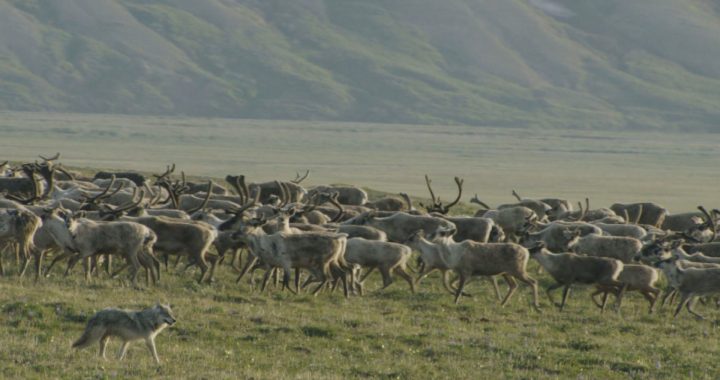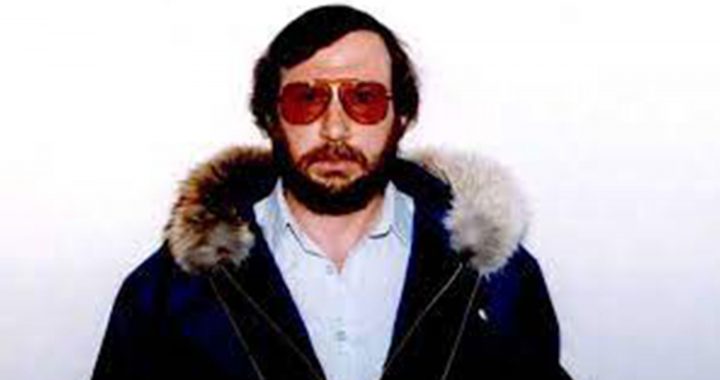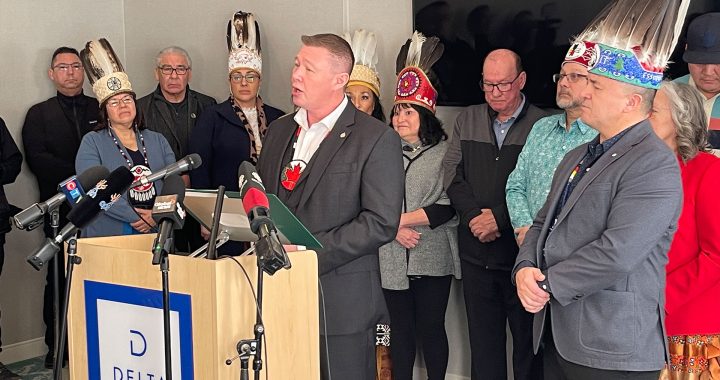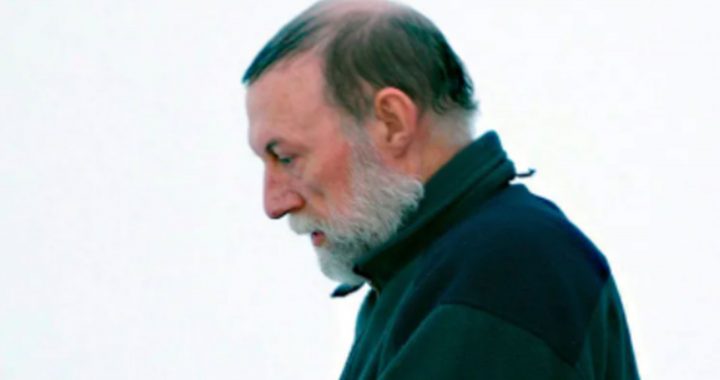Kent Driscoll
APTN National News
Nunavut’s former premier is wondering out loud about a local Nunavut police force to replace the RCMP, following government silence on a report about civilian oversight of Nunavut’s Mounties.
“I want to see a review of perhaps aboriginal policing in our smaller communities, so that we can recruit our own, and serve smaller communities with local police forces, that can so a job that is currently the job of the RCMP,” said Iqaluit Sinaa MLA and former premier Paul Okalik.
Oklaik has been doing battle with Justice Minister Keith Peterson in the Legislative Assembly in recent weeks over a report Peterson’s justice department will not make public.
The report investigated civilian oversight of the RCMP across Canada, and how that could work in Nunavut..
APTN asked Peterson to explain why his department would not make the report public.
Two days later his office has not responsed.
In the Legislative Assembly, Peterson said the report is not for the public.
“It’s not a report I’m going to make public, but it’s an internal report that we will use to consider other organizations, and who can provide oversight and investigations of police,” he said.
Okalik requested the review of civilian oversight of the RCMP in 2016, after a high profile incident in Iqaluit’s cells.
A naked man lunged at officers and was then pistol whipped by one of them with a Taser. He was left in his cell on the floor naked and bleeding.
The video was released to media after it showed up in court.
The Ottawa Police Service investigated the incident and found no wrong doing by the officer.
‘We deserve to know, and have a discussion on the best ways of making sure that there’s proper policing in our territory,” Okaik told APTN.
Okalik said he has had a problem with the Ottawa police ever since one of its officer, Sgt. Chris Hrnchiar was punished for making racist comments after the death of renowned Inuk artist
Annie Pootoogook.
Okalik, in addition to being former premier, is also the former justice minister.
His government originally approved the Ottawa Police as the outside investigating force. After Hrnchiar’s comments, Okalik said he wants change.
“Then we learned of the real unfortunate views by a senior member of that force, so I had second thoughts, because these views did not go well with the people we serve in our territory,” said Okalik.











What a disheartening thing to say as a councillor Ilisapi
white men are nothing if physically fought by inuit men. most white people are best thinking superior than different race.
The problem with RCMP is their practice of rotating personnel every few years. They never really become part of the communities they police. They’re always somewhat detached from the local residents. Many remote communities would be better off with local policing. Even cities like Grande Prairie would have a better chance of getting their crime rates undet control, if they had a police force whose members had stronger ties to the community.
Sure thing Dan, how’s it going with the local bylaw officer’s in the various communities, keeping the break and enters and vandalism at bay? Having lived and worked in many of the Nunavut communities over the years, I think your idea is ridiculous.
Since the RCMP complain about then shortage of officers, lack of financial funds, rising costs of overtime, and obviously a lack of understand the local culture it would be advisable to train local men and women to police their own in these small remote communities. It would likely reduce deadly force from being used on intoxicated individuals, immediate response time, and cost Canadian taxpayers far less.
But of course the RCMP only know how to do adequate policing, proper procedures to implement, and the only way to deal with crimes in these small remote communities.
Frankly most Canadians would approve of local residents with proper training to do the policing.
The report likely reveals that local policing could benefit many, reduce response times, de-escalate violent situations, reduce costs, and so forth. Most RCMP officers do not choose to be posted to the far north hence many have a rather negative attitude upon arrival and this attitude grows. Great approach to resolving many costly aspects of policing Canada’s far north.